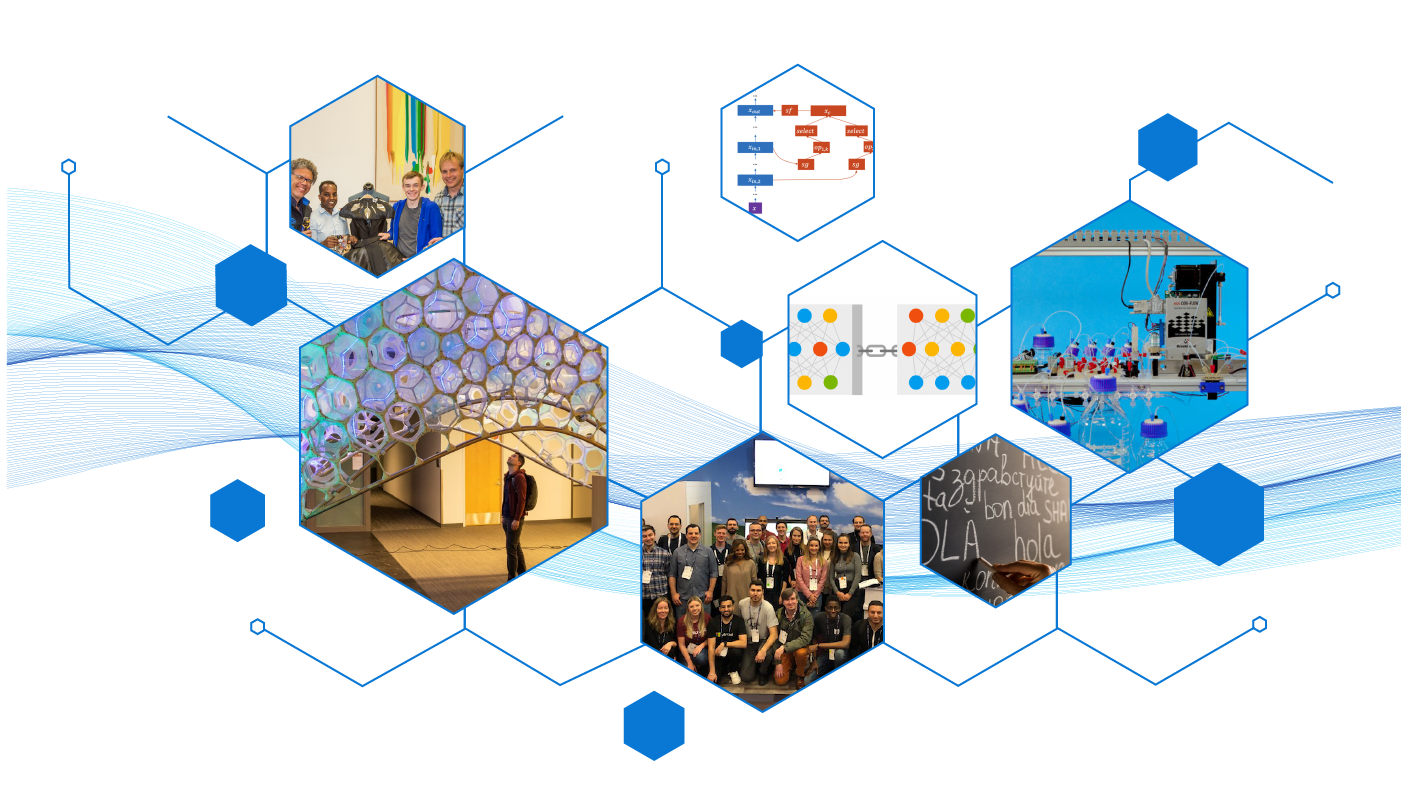-
Cloud Computing Dominance: Microsoft's Azure cloud platform had grown to be one of the major players in the cloud computing industry, competing with Amazon Web Services (AWS) and Google Cloud Platform. Azure offered a wide range of cloud services, from infrastructure as a service (IaaS) to platform as a service (PaaS) and software as a service (SaaS).
-
Office 365 and Microsoft 365: Microsoft's Office suite transitioned into a cloud-based subscription service known as Office 365 (now called Microsoft 365), offering applications like Word, Excel, and PowerPoint through the cloud. This service became increasingly popular in both the consumer and enterprise markets.
-
Windows 10: Microsoft had released Windows 10, which aimed to provide a unified operating system across various devices, from PCs to tablets to smartphones. It introduced a new approach to Windows updates with a "Windows as a Service" model.
-
Surface Devices: Microsoft had established its hardware division and produced a range of innovative devices, including the Surface Pro, Surface Book, and Surface Laptop. These devices were well-received for their design and functionality.
-
Artificial Intelligence: Microsoft heavily invested in AI and machine learning, integrating AI capabilities into many of its products and services. This included AI in Microsoft Office, Azure AI services, and chatbots like Microsoft's own "Cortana."
-
Acquisitions: Microsoft made significant acquisitions, including GitHub, LinkedIn, and Mojang (the creators of Minecraft). These acquisitions allowed Microsoft to expand its presence in the developer community and professional networking space.
-
Hololens and Mixed Reality: Microsoft made advancements in augmented and mixed reality with products like the HoloLens. This technology had applications in areas such as gaming, education, and enterprise solutions.
-
Xbox: The Xbox gaming division saw the release of the Xbox Series X and Series S, Microsoft's next-generation gaming consoles. The company also made strides in cloud gaming with its Project xCloud (now Xbox Cloud Gaming) service.
-
Cybersecurity: Microsoft focused on enhancing security, both for its own products and services and for its customers. This included features like Windows Defender and Azure Security Center.
-
Sustainability Initiatives: Microsoft announced various sustainability initiatives, including a commitment to be carbon negative by 2030 and the purchase of renewable energy to power its data centers.
Please note that these developments are accurate as of September 2021, and Microsoft's progress continues to evolve. To get the most up-to-date information on Microsoft's advancements and innovations, I recommend checking Microsoft's official website and recent news sources for the latest developments and announcements.




Comments (0)